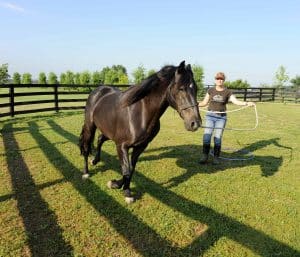
Horse Trainer or Behaviorist: What’s the Difference?
Drs. Camie Heleski and Jenny Biehunko explain the differences between a horse trainer, an animal behaviorist, and a veterinary behaviorist.
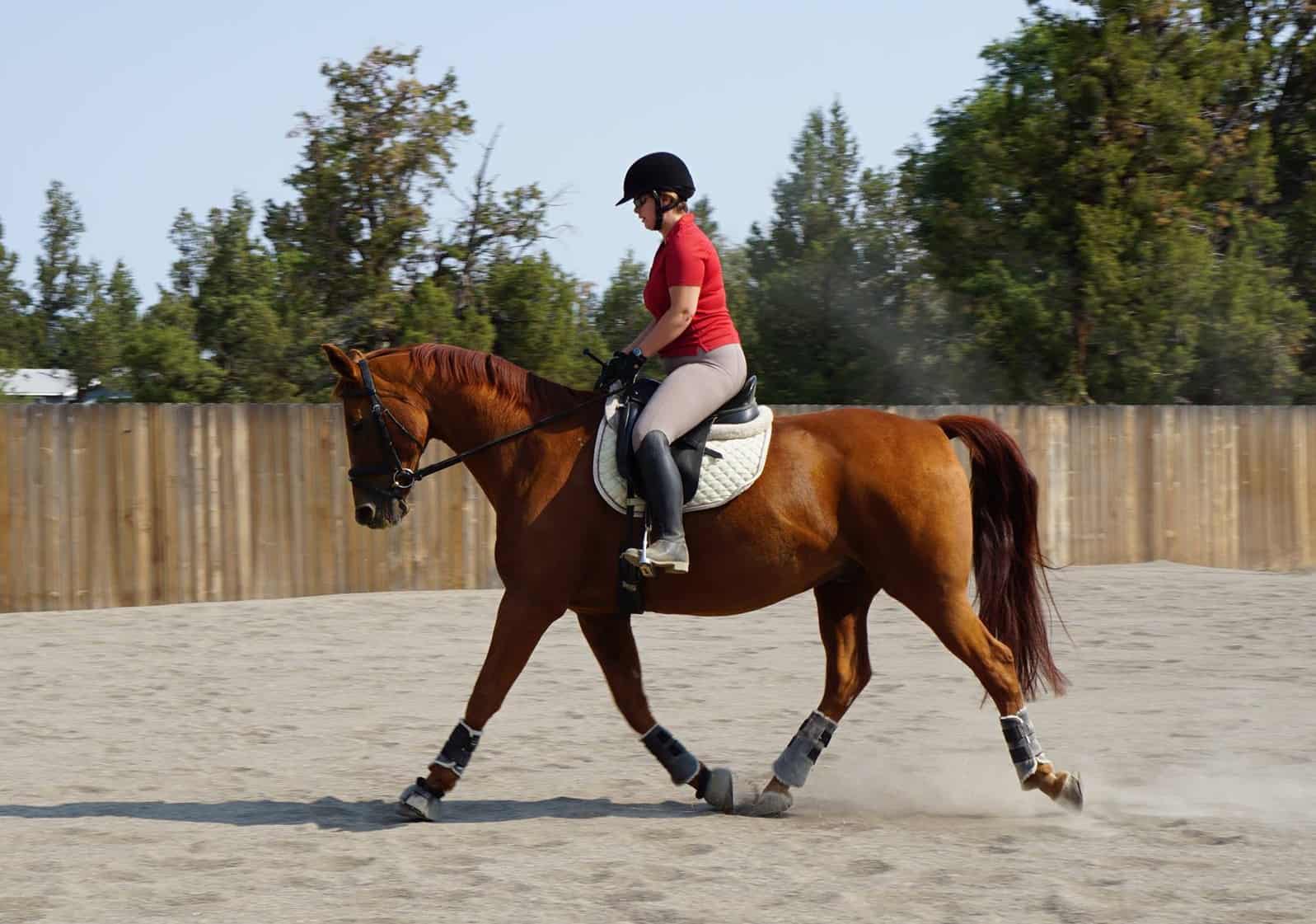

Drs. Camie Heleski and Jenny Biehunko explain the differences between a horse trainer, an animal behaviorist, and a veterinary behaviorist.
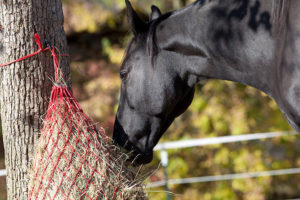
Feeding your horse forage before a ride can protect the stomach from splashing gastric acid.

Feeding your horse extra calories can add unnecessary energy, making them ‘hot.’

The quality of hay can create a hay belly.
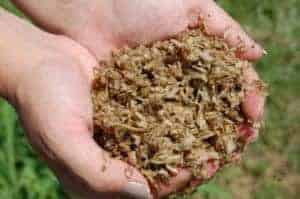
Nutritionist: Soaking beet pulp helps with hydration, but dry beet pulp is also typically safe to feed some horses.
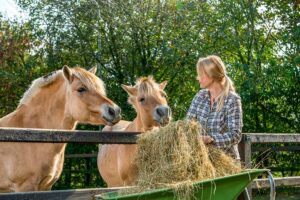
Does alfalfa make horses “hot”? Should they not eat before exercising? Many of our feeding practices are based on tradition, but what’s really best for our horses?

Dr. Sarah Colmer shares how EPM recovery might vary among horses based on the severity of the disease.
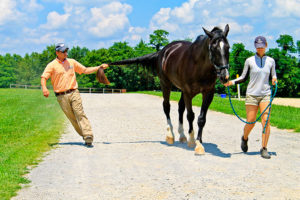
EPM can be difficult to diagnose. Dr. Sarah Colmer explains how veterinarians use a neuro exam, bloodwork, and cerebrospinal fluid to confirm an EPM diagnosis.

Dr. Sarah Colmer shares management practices and preventive measures horse owners can implement to protect horses from EPM.

Dr. Sarah Colmer of the University of Pennsylvania’s New Bolton Center describes this neurologic disease and how horses contract it.

Equine protozoal myeloencephalitis (EPM) is notoriously difficult for veterinarians to diagnose and equally tricky to treat. But there’s hope as researchers continue to investigate this neurologic disease. Sponsored by Kentucky Performance Products.

Dr. Alicia Long describes behavioral signs a horse with gastric ulcers might exhibit.

Dr. Alicia Long answers a listener’s question about why a horse might suffer from fecal water that’s worse in the fall.

And should I feed them to my horses? Dr. Alicia Long of the University of Pennsylvania answers.

What’s the best way to help soothe a horse’s stomach while he’s getting bute or other NSAIDs? Dr. Alicia Long of the University of Pennsylvania offers advice.
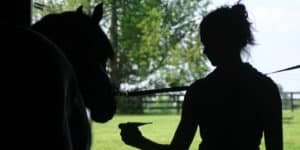
The state has released case numbers current as of March 14, 2022, for the ongoing outbreak.
Stay on top of the most recent Horse Health news with
© 2022 Copyright Statement dolor sit amet, consetetur sadipscing User Terms, sed diam nonumy eirmod tempor invidunt ut labore et dolore magna aliquyam erat, sed diam voluptua. At vero eos et accusam et justo duo dolores et ea rebum. Stet clita kasd gubergren, no sea takimata sanctus est Lorem ipsum dolor sit amet.